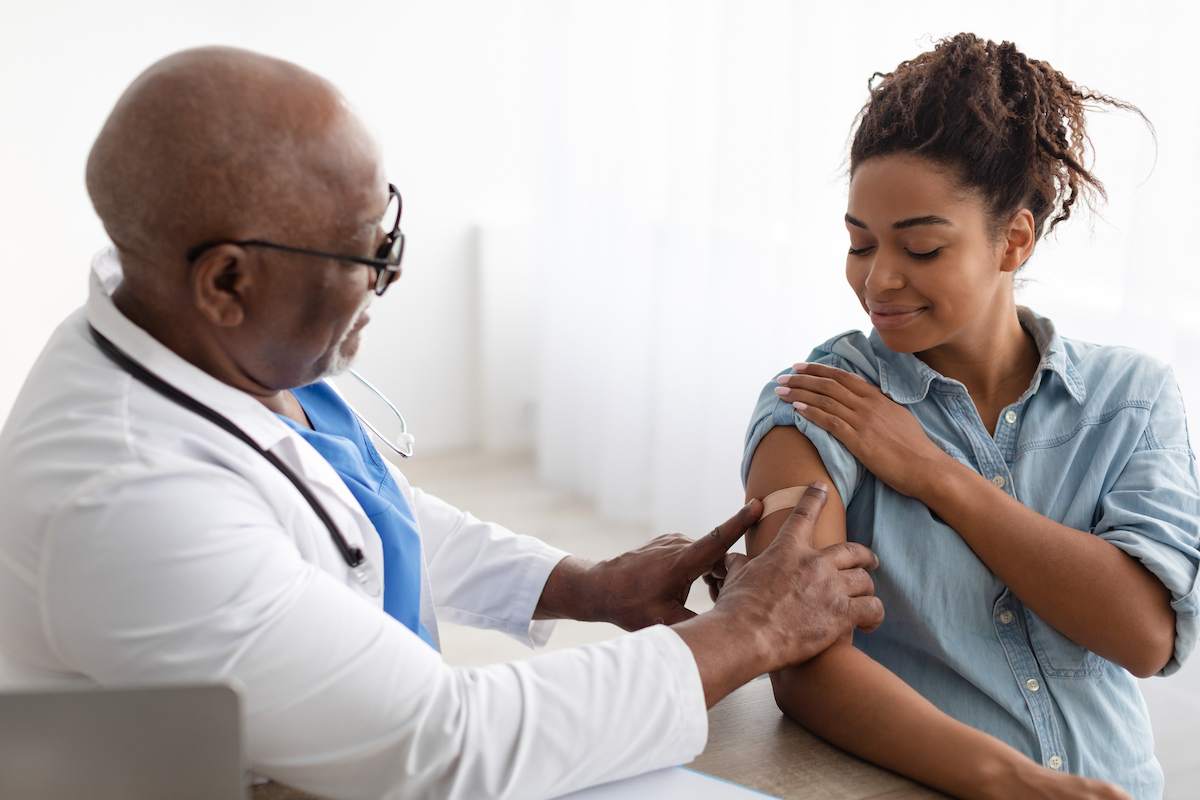You may have seen that RFK Jr. went on the Joe Rogan podcast recently and caused quite a stir with his discussion about vaccines. I think his claims have been widely debunked, but one that was new to me was the argument that newborn babies should not be receiving the hepatitis B vaccine because — unless the mother has it — there is almost no way they could possibly contract it during their infancy.
It looks like in Europe and the U.K., the hep B vaccine is not administered until two to three months unless the child is at high risk for contracting it. What is the reason for vaccinating all newborns for hep B?
—Joe Rogan Panic Headline Mom
First: There is no space here to discuss this entire debate, but I would refer you to the chapter in Cribsheet in which I discuss the overall safety of vaccines. As you note, the claims Kennedy makes about vaccine risks have been widely debunked, in many different studies.
In the case of the hepatitis B vaccine, the situation is as follows. Hepatitis B is a significant cause of liver cancer and liver failure. It’s much more serious if it is acquired early in life, since at that stage someone is much more likely to become a carrier. Transmission early in life can be from mom (or dad) or through a child care center.
Because of these risks, vaccination at a young age is important. This is a multi-dose series, which in the U.S. begins at birth and which in many other countries begins at a few months. The reason to give the first vaccine at birth is that if mom is a hepatitis B carrier and does not know it, this will provide protection. If mom is not a known carrier, then there is — as you point out — very limited risk to waiting for a couple of months.
The hepatitis B vaccine is extremely safe, and not associated with known risks. As a result, the choice about when to give it — at birth or starting at several months — really just reflects small differences in the way countries make decisions about vaccines. It is common to frame this as “What do they know that we don’t?” about dangers. The reality is that this is just a small difference in how medicine is practiced.
If you know you are not a carrier of hepatitis B (and that your partner is not), then waiting until two months for the first vaccine is unlikely to carry significant risks. It also does not carry any benefits.
Community Guidelines















Log in